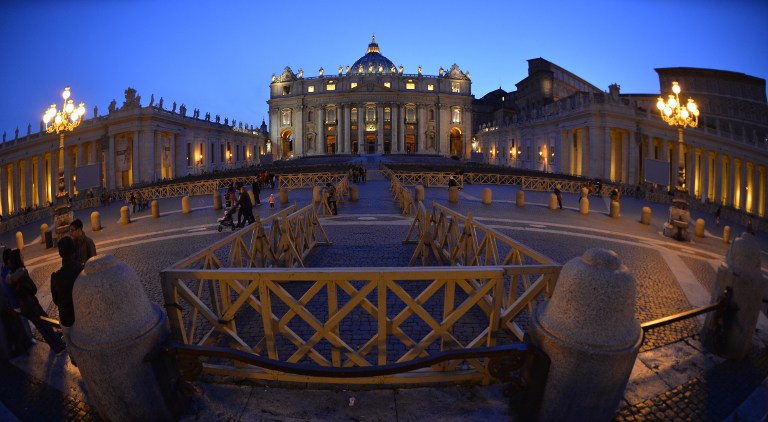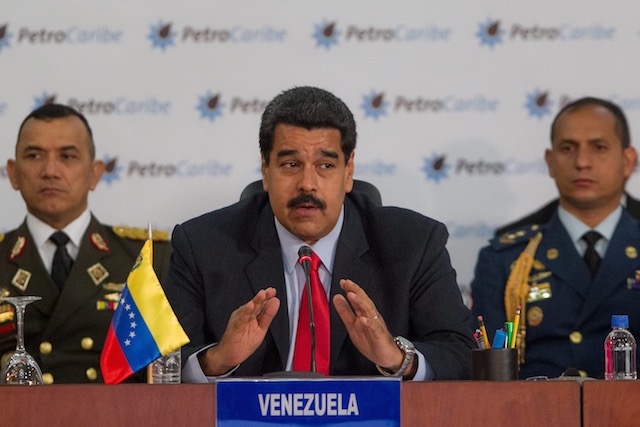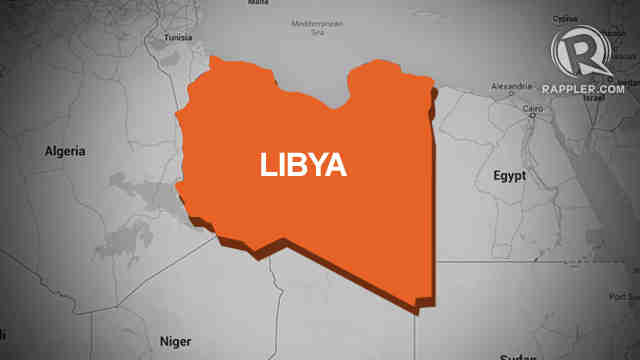
LONDON, United Kingdom – A fool, an idiot, a buffoon – MPs lined up to attack Donald Trump for his comments on Muslims, during a parliamentary debate Monday, January 18, on whether he should be banned from Britain.
The debate was triggered by a public petition which has attracted more than 575,000 signatures from people who want the Republican presidential hopeful kept out of the country over his comments.
Most of the dozens of lawmakers who spoke in the 3-hour debate did not agree that Trump should be excluded. They instead argued that he should allowed to visit Britain so that his ideas could be debated openly and shot down.
The debate in a small parliamentary committee room was purely symbolic – Britain's government has already said it will not ban Trump and lawmakers did not even vote on the issue.
But it did at least yield up some colorful language.
"Donald Trump is a fool. He's free to be a fool. He's not free to be a dangerous fool on our shores," argued Jack Dromey, a senior MP in the main opposition Labour Party, who wants him banned.
Gavin Newlands of the Scottish National Party called Trump an "idiot" whose popularity shows "how far the country of Lincoln and Roosevelt has fallen".
Alex Chalk of the governing Conservative Party argued that Trump's behavior was "buffoonery" which should be met with "the classic British response of ridicule".
Meanwhile, another Conservative, Victoria Atkins, resorted to British slang to refer to him as "bonkers" (mad) and a "wazzock" (a stupid person).
Trump is leading the polls for the Republican nomination for the White House ahead of the US Presidential election in November.
He sparked fierce controversy last month when he called for a "complete shutdown of Muslims entering the United States until our country's representatives can figure out what the hell is going on".
That call came in the wake of an attack in California by a radicalised Muslim couple that left 14 people dead.
Trump also labelled Mexican immigrants rapists and drug dealers.
For Americans to decide?
The petition sought to ban Trump from Britain under powers which the interior minister has to exclude any individual if it is "conducive to the public good".
Reasons for this can include encouraging "terrorist violence" or other serious crimes, or fostering hatred which could cause violence between different communities.
Americans previously banned from entering Britain include right-wing radio host Michael Savage and white supremacists Stephen Donald Black and Erich Gliebe.
Trump responded to the firestorm in Britain by saying the country was trying to disguise a "massive Muslim problem" and threatening to withhold $1 billion (950 million euros) of planned investments in two golf courses he owns in Scotland.
He has already been stripped of his status as a Scottish business ambassador and his honorary degree from Scotland's Robert Gordon University.
UK Prime Minister David Cameron has called the outspoken tycoon's remarks "divisive, stupid and wrong" but opposes a ban.
A debate in parliament must be held on the issues raised by any public petition on its website which attracts more than 100,000 signatures.
At Monday's debate, some MPs condemned the fact that it was being held at all.
Conservative Edward Leigh argued that giving the property baron publicity "would only play into Mr Trump's hands".
Another Conservative, Adam Holloway, added: "I feel we should almost apologize to the people of the United States – it's for them to decide on Mr Trump's views, not us." – Katherine Haddon, AFP / Rappler.com




















